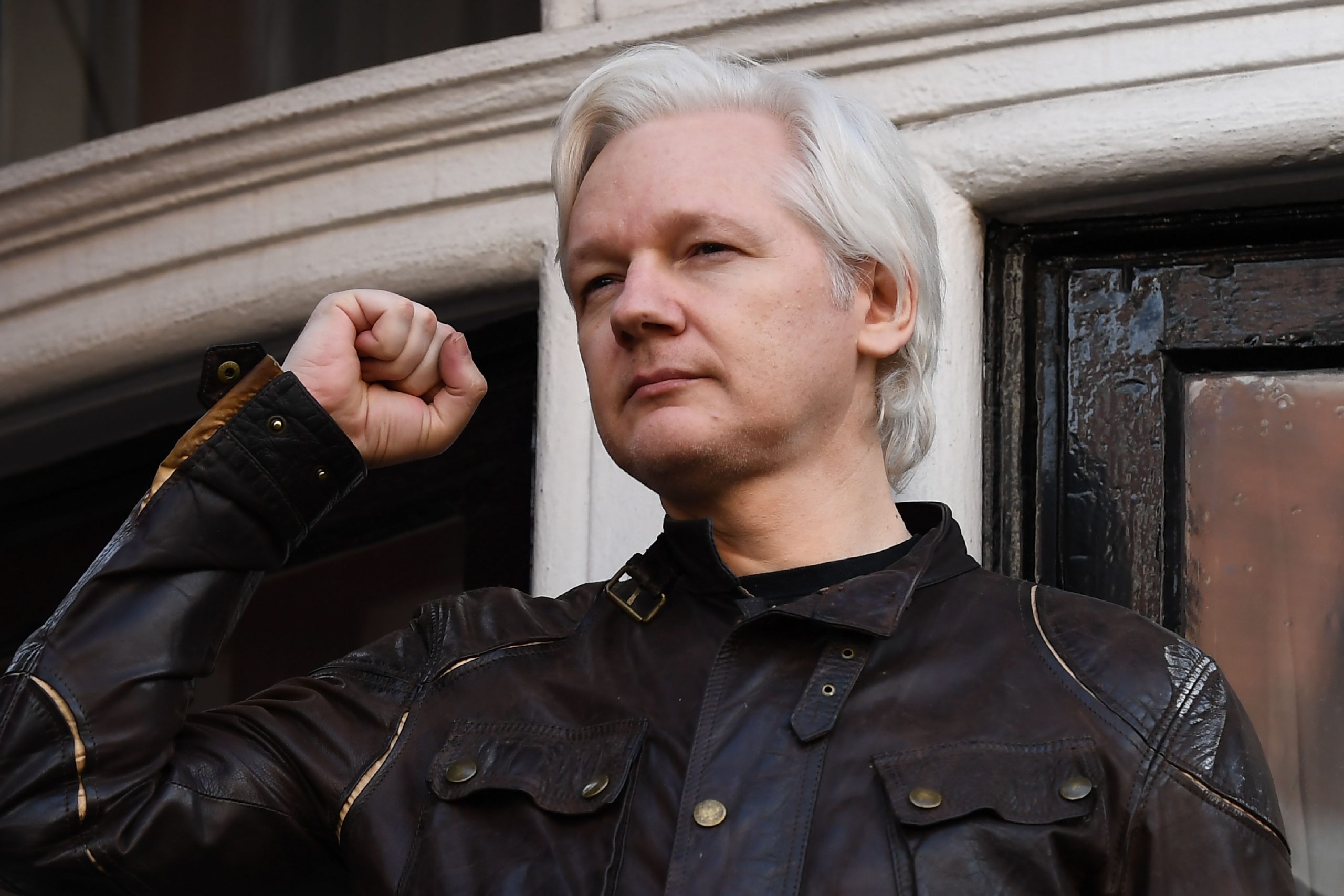Julian Assange, the founder of Wikileaks, will take his fight against extradition to the United States to the Supreme Court of the United Kingdom after being granted the right to appeal a lower court verdict on Monday.
Assange was granted leave to appeal the High Court of London’s ruling that he might be extradited to the United States to face espionage charges.
Also read: Julian Assange appeals US extradition ruling to UK’s Supreme court
The ruling is the latest development in Assange’s long-running fight to avoid facing charges stemming from WikiLeaks’ release of sensitive documents more than a decade ago.
A district court judge in London rejected a US extradition request just over a year ago, at the start of 2021, on the grounds that Assange was likely to commit suicide if confined in harsh US prison conditions. Later, US authorities assured the WikiLeaks founder that he would not be subjected to the harsh punishment that his lawyers claimed would jeopardise his physical and mental health.
Also read: What London High Court ruling means for Julian Assange’s extradition to US
Last month, the Supreme Court overruled the lower court’s ruling, stating that the United States’ pledges were sufficient to ensure that Assange would be treated humanely. Stella Moris, Assange’s fiancée, termed the ruling a “grave miscarriage of justice” and said Assange’s attorneys would file an appeal with the United Kingdom Supreme Court.
Assange was granted permission to appeal the ruling to the Supreme Court in a court decision issued on Monday.
WikiLeaks began publishing an estimated 250,000 secret US diplomatic cables in November 2010. The majority of the classified documents were from 2007 to 2010, but there were a few from 1966. Behind-the-scenes US efforts to politically and economically isolate Iran, especially in response to fears of Iran developing nuclear weapons, were among the many subjects discussed.
Governments all throughout the world reacted quickly, with many condemning the publishing. Some American lawmakers asked for Assange to be prosecuted as a terrorist.
Also read: British court accepts US assurances over Julian Assange extradition
Assange was also facing charges in Sweden, where he was wanted on sexual assault charges. In December 2010, Assange was detained in London and jailed without bail pending extradition to Sweden.
Assange entered his fifth year of de facto house detention in the Ecuadoran embassy in London in May 2017, when Swedish prosecutors announced that their investigation into the rape charges against him had been dropped.
Ecuador rescinded its offer of asylum to Assange on April 11, citing numerous violations of international law as well as the terms imposed on him during his time at the embassy.
While Assange was no longer under investigation in Sweden, he was still sought in the United Kingdom for failing to appear in court. He was also wanted in the United States for computer offences, according to an existing extradition warrant.







